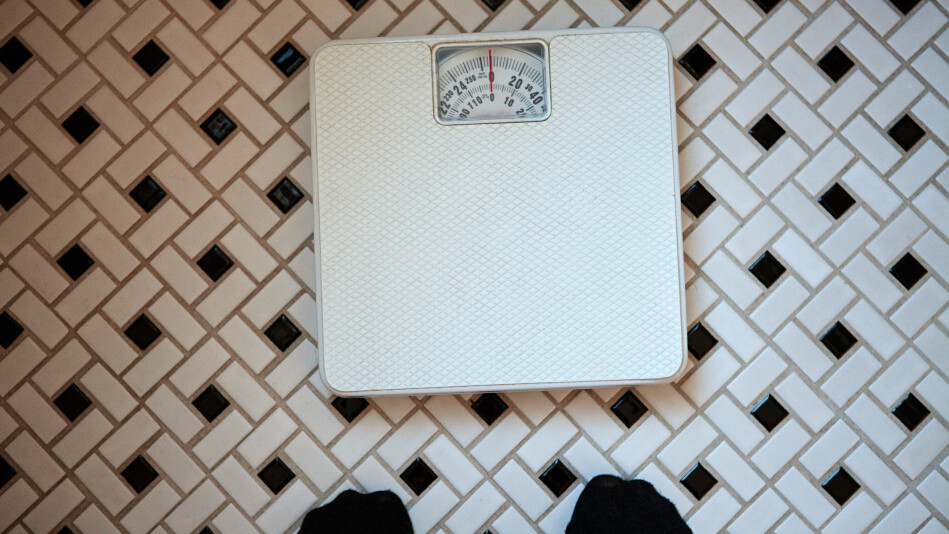What to Do if You've Regained the Weight You Worked So Hard to Lose
Research shows that the majority of people who lose weight gain it all back within a few years. Experts agree that this is the best next move...

Photo: Image Source/Getty Images
If the number on your scale is inching back up, the solution is simple: Grab a pen and paper, a digital fitness device or your favorite wellness app—and get tracking.
"You need to evaluate how everything from nutrition and exercise habits to sleep and stress levels may have changed from when you were actively working to lose weight," says Bartolome Burguera, MD, PhD, director of obesity programs at the Cleveland Clinic and executive medical director of the National Diabetes & Obesity Research Institute. "Are you getting less sleep? Exercising three days per week instead of five?"
While tracking is often used as a way to lose weight, it's also a great tool to identify how your habits may have changed to cause the weight regain. You can't truly address the problem until you figure out what it is, he says. For example, if your stress levels are what's truly behind your weight regain, adding in more exercise, isn't going to directly address the underlying cause. What will? Learning and implementing stress-management techniques.
What might be getting in your way
Weight loss doesn't come with start and finish dates, because once you've hit your goal weight and decide you're "off" of your diet, the weight is going to come right back. "Every 'diet' fails by definition because diets are short-term solutions," Burguera says. "If you cannot keep something up, whether it's a diet or an exercise plan, it's a waste of time."
So, unfortunately, if you originally lost the weight through an intense training regimen, or an extremely restrictive diet, it's likely that you are going to put some, if not all, of the weight back on. Eventually, your motivation to stick with those practices will wane. You'll get tired of your eating plan and you won't always have the time to devote to your workouts that you once did, says Wendy Scinta, MD, president-elect of the Obesity Medicine Association. She has seen it time and time again with her patients. Once they reach their goal weight, they loosen up on their healthy behaviors and dig into foods that previously had been on the no-fly list. The common thinking is that once they have lost the weight, the hard work is over.
According to a Columbia University study, the hard work really comes once you've lost the weight. Researchers found that losing as little as 10 percent of your body weight (if your starting weight is 180 pounds, that's just 18 pounds!) significantly slows your metabolism. Meanwhile, a study published in the New England Journal of Medicine reported that following a low-calorie diet for as few as 10 weeks may affect your body's levels of hunger-controlling hormones and increase your appetite.
Remember the longer-term plan
To figure out what changes are truly doable for you—both to lose the weight and to keep it off—take a look back at your tracker. Ideally, you used it for at least a few weeks, which allows you to get a feel for your consistent behaviors. Where is there room for improvement? What eating-exercise-sleep changes can you realistically make today that are going to still be doable after a year (or more) of repetition? What's going to fit with your lifestyle even when you're stressed with work and family obligations? Taking a 5 a.m. fitness class five days per week might not fit, but getting in some form of exercise every single day might. In fact, in a meta-analysis of 59 weight-loss studies, researchers found that the most effective long-term diet is the one that you feel works best for you.
"Focus on the small changes that you are able to keep long-term," says Burguera. "The changes you make to lose the weight need to stick with you for the rest of your life."



